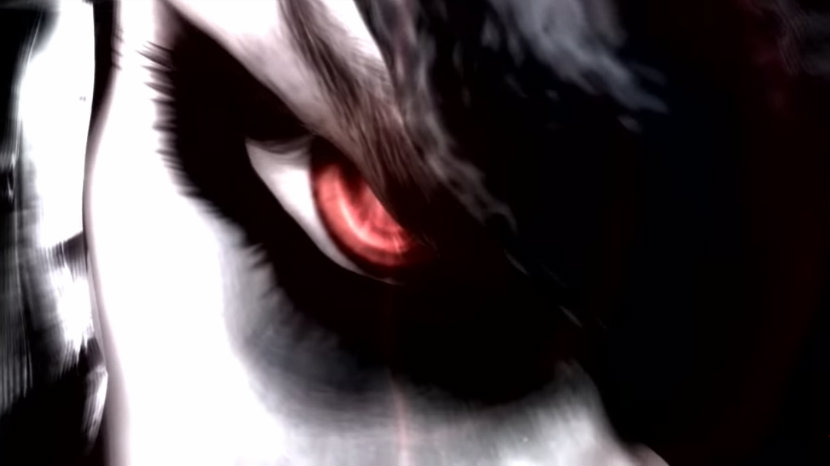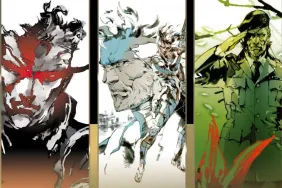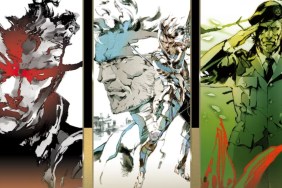It’s time for a new edition of Our Favorite Characters! I’ve been doing a lot of these, and frankly I’m nearly out of characters I really like. Well, ones I can associate with PlayStation, anyway. But, I have at least one left in the tank for now. This time, I want to talk about Raiden. No, not the lightning man from Mortal Kombat. I mean the lightning man from Metal Gear Solid. I’m not actually much of a Hideo Kojima Kool-Aid drinker, and frankly Raiden as a character doesn’t do much for me as he appears in either Metal Gear Solid 2: Sons of Liberty or Metal Gear Solid 4: Guns of the Patriots. I actually want to look at Raiden as he is portrayed in Platinum Games’ Metal Gear Rising: Revengeance.
‘Who Saves the Weak from Those Who Save the Weak?’
There’s a lot to unpack in Metal Gear Rising: Revengeance. There’s a lot of surprisingly sharp political commentary throughout the story, which isn’t something I normally expect from Metal Gear or Platinum Games. From calling out American intervention to child soldiers and the military-industrial complex, Revengeance uses sick anime action to deliver commentary that felt relevant, and still does today a few years later. But it isn’t really the political commentary that draws me to Raiden – after all, that’s more of the collections of overarching themes the game deals with. Raiden stabbing a superhuman Dick Cheney stand-in to death rules, but I want to focus in on a little bit of meta commentary on Video Games (capitals for emphasis) that Raiden is used as a vehicle for.
If you’re familiar with Revengeance and reading this, you probably know where I’m headed. Yeah, it’s the Jack the Ripper scene. This scene, which is one of the goofiest moments in this game that is full of ridiculousness, is also one of the most poignant. What this sequence, and its aftermath does, is engage head-on with one of the most screwed up aspects of video games. As Raiden gives into his Jack the Ripper persona, we’re also seeing the creative team taking a moment to ponder what it means to be a video game protagonist. How does someone who gleefully engages with mass murder get to be the hero? How does a sociopath who ostensibly racks up dozens, if not hundreds, of cold-blooded kills possibly earn a chance at redemption, or simply stake claim to the moral high ground without being challenged at all? Why isn’t Nathan Drake in freakin’ jail for chrissakes?
‘Here I Am, Surrounded by Death, Arguing Philosophy with Terrorists’
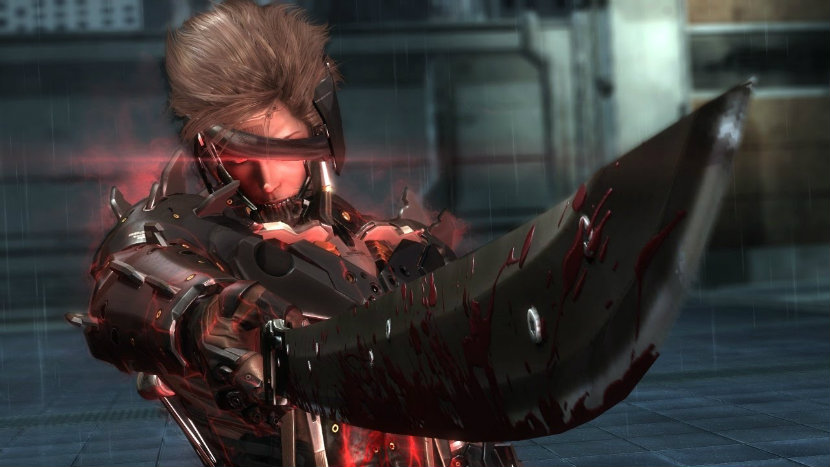
Well in this case, the answer is the hero doesn’t get redemption. The hero is arguably a bad person, they realize it, and accept it. Because to Raiden, to the hero, his cause is just. Raiden is, as an adult, suffering from his upbringing as a child soldier. What triggers his regression back into his Jack the Ripper persona, is a corporation… uh, transferring the brains of children to create new super child soldiers. That’s incredibly bizarre and unrealistic, but the long and short of it is Raiden decides he is willing to embrace his inner darkness in order to prevent what happened to him happening to more children. You can check out the scene itself for context, although playing the game of course is the best way to absorb all the context:
Now, there’s more to it than Raiden simply justifying his bloodlust with just cause. If that was it, this would just be an ends justifies the means argument, and that’s not exactly new or interesting. What makes this development stand out to me is the protagonist actively engaging in this sort of introspection. Raiden’s character arc is dedicated to acknowledging the moral dissonance of violent video games, which often see the hero taking lives without consequence. Instead of writing off the violence as inherently justified due to the bad guys being bad guys, Revengeance is brave enough to question why it’s okay to take lives. And perhaps most refreshing is the messy conclusion, because the story doesn’t actually justify the violence. Raiden instead takes responsibility for it, defining his personal mission as a path to end the cycle of violence in this world’s “war economy” in exchange for his own moral standing.
‘I Told Myself This Was About Justice. About Protecting the Weak. But I Was Wrong’
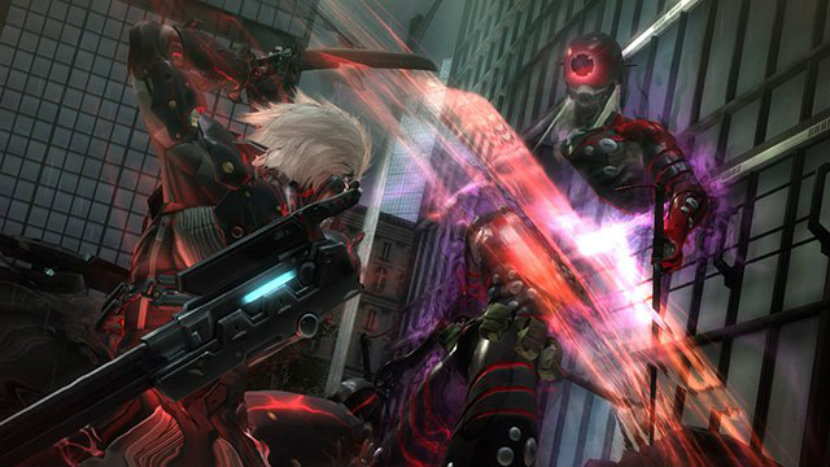
Raiden accepting his role as Jack the Ripper works because as Raiden comes to the above conclusion, the way the story develops feels honest–not just within the walls of the fiction, but outside of the fiction as well. In the world of video games, we often do some horrible shit in the name of justice, without actually needing to think about the context or consequences of our actions. Redemption often comes in the form of pushing past wrongdoings under the rug, such as Kratos never actually having to come to terms with his past in God of War, or Nathan Drake just getting to go home and be a family man after years of slaughtering rival treasure hunters/thieves/whatever in foreign countries. It’s easy to take this stuff for granted since it’s all in the name of cool video game fun, but seeing perhaps the most distilled example of nutty virtual violence—a Platinum Games joint about running up walls and slicing cyborg men into ribbons—confront this stuff head on was wild. Revengeance has made a lasting impression on me as a result, and that’s why Raiden is one of my favorite characters.
